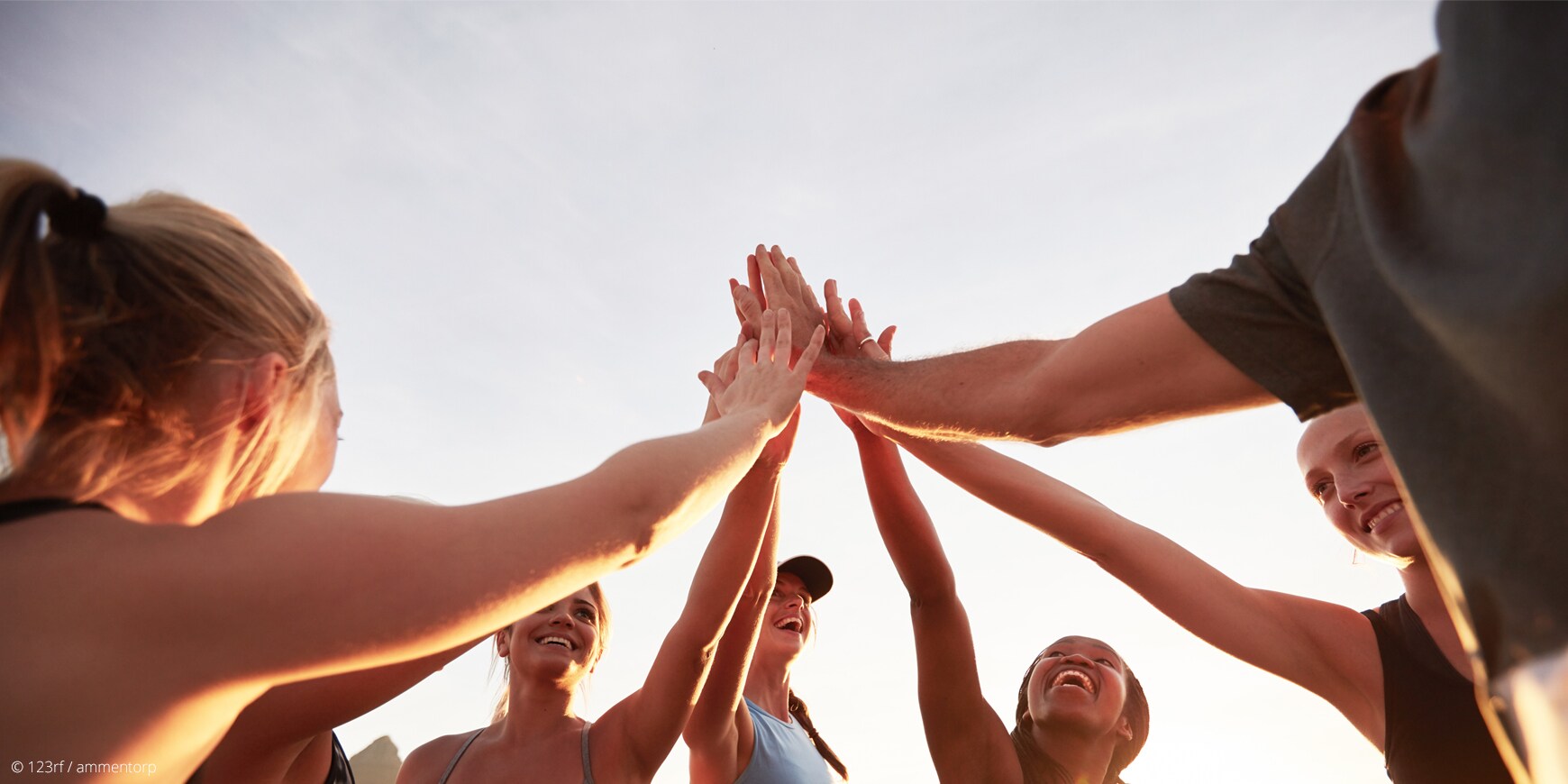Sport isn't only about exercise

I know it sounds like a strange thing to say - of course participating in any sporting activity or event is, usually, partaking in exercise. But I believe that exercise is just the start of a long list of reasons as to why everyone — young children, teenagers and adults alike — should regularly take part in sports. On 25 September, we’ll be celebrating National Fitness Day across the country. It’s really important for both young people and adults to have a healthy relationship with sport and fitness.